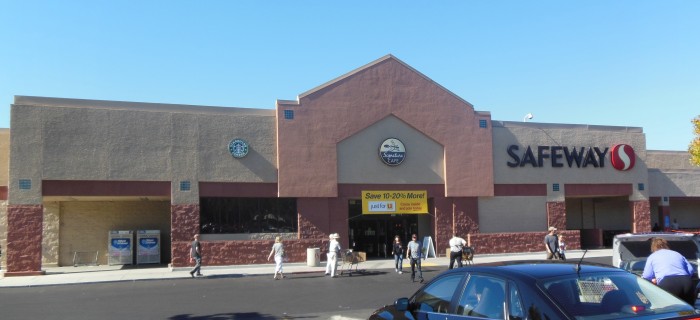Grabbing the Food Deserts
Food First Backgrounder, Spring 2011, Vol. 17, No. 1
Note:
This Food First Backgrounder has an unfortunate title. The term “food desert” has been popularized in academia and public policy circles to describe (mainly urban) areas in which cheap processed and fast food dominate the landscape and full service grocery options are absent. The term is misleading and for many people living in these communities, insulting. These neighborhoods are not empty deserts, wastelands devoid of people or hope–or wealth, for that matter (see Food Fist Backgrounder Vol. 16, No. 4 “Food Security, Food Justice, or Food Sovereignty?”). They are areas of social, political and economic discrimination. In other words areas that have been subjected to a form of “food apartheid.”
Ironically, this Backgrounder illustrates how the term “food desert” is being used by speculators and the corporate food regime in the same way the term “unused land” is used in the Global South to justify massive land grabs of pasture, rangeland, brushland and scrub forests–vast areas that millions of people depend upon for grazing, foraging, hunting and firewood. Applied to urban land, the term “food desert” is also being used to justify land grabbing in the name of food security.
We thank our friends and allies in the food justice movement for pointing out our inappropriate use of this term and sincerely apologize to those for whom this term is offensive–we will not use it again.
Eric Holt-Giménez, Executive Director
Introduction
Stay in the loop with Food First!
Get our independent analysis, research, and other publications you care about to your inbox for free!
Sign up today!Land grabs—large-scale acquisitions of agricultural, range and forest lands by outside interests—are happening around the world. According to the World Bank, from the onset of the global food and financial crises, large land deals have affected an agricultural area twice the size of France, with most acquisitions coming from China, the US and Great Britain. Most land grabs are for agrofuels production in the Global South, with over 2/3 of land grabs occurring on the African continent. However, another form of land grabbing is taking place in the Global North—across the food deserts of the US.


 Help Food First to continue growing an informed, transformative, and flourishing food movement.
Help Food First to continue growing an informed, transformative, and flourishing food movement.




